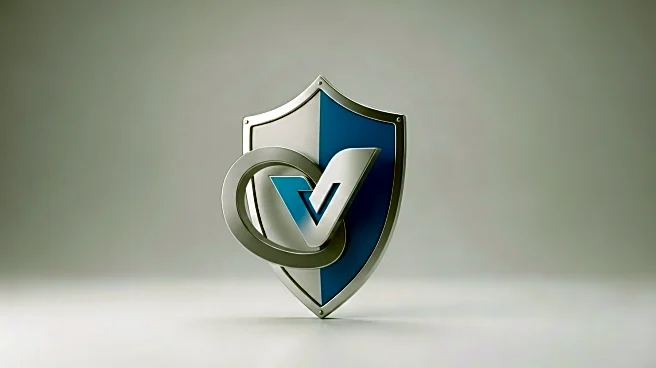What's Happening?
The NCAA has announced a partnership with Venmo to support athletes who face harassment on the payment app. This collaboration includes a reporting hotline for athletes and the NCAA to report potential abuse cases. The initiative comes in response to incidents like those experienced by former Auburn quarterback Payton Thorne, who received payment requests from disgruntled sports bettors after a game loss. Venmo will also provide a best-practices guide to help athletes stay safe on the platform and will monitor student-athletes' accounts to mitigate harassment based on game performance. This partnership is part of Venmo's broader engagement with college campuses, where it has introduced school spirit-branded debit cards and facilitated direct payments to athletes through its parent company, PayPal.
Why It's Important?
This partnership highlights the growing concern over online harassment faced by athletes, particularly on platforms like Venmo that are widely used on college campuses. By addressing these issues, the NCAA and Venmo aim to create a safer environment for student-athletes, potentially reducing the mental and emotional stress associated with such harassment. This move could set a precedent for other social media and online platforms to implement similar protective measures. Additionally, it underscores the increasing role of digital payment systems in collegiate sports, as Venmo and PayPal continue to integrate financial services into the athletic experience, potentially influencing how athletes manage their finances and interact with fans.
What's Next?
The partnership between the NCAA and Venmo may prompt other digital platforms to adopt similar measures to protect users from harassment. As Venmo continues to monitor athlete accounts and implement security measures, the effectiveness of these actions will likely be evaluated by both the NCAA and the broader sports community. The initiative could also lead to further collaborations between tech companies and sports organizations to enhance athlete safety and well-being. Stakeholders, including college sports administrators and athlete advocacy groups, may closely watch the outcomes of this partnership to assess its impact and explore additional strategies for safeguarding athletes.









